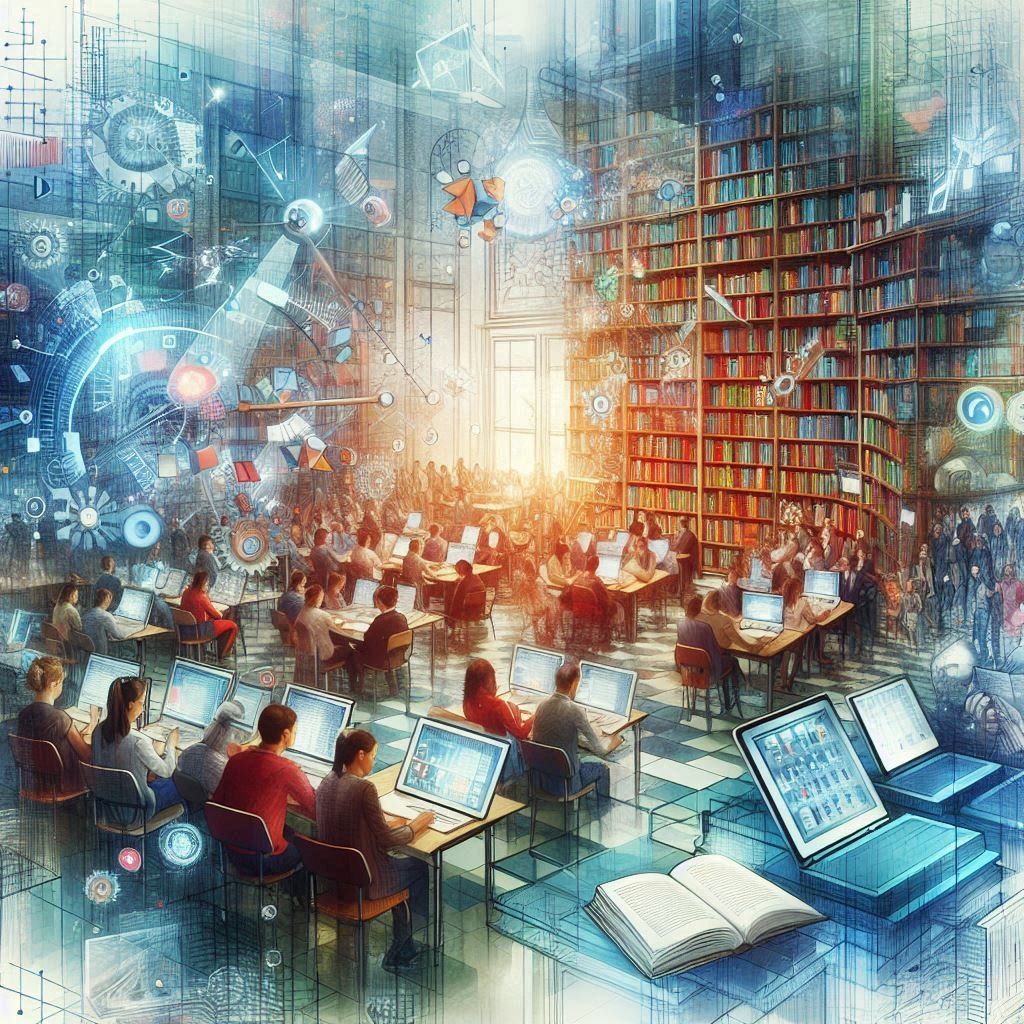An Educated, Healthy, and Confident Nation is Harder to Govern
The power of education, health, and confidence lies in their ability to liberate individuals from fear, ignorance, and manipulation. These qualities empower people to think critically, challenge authority, and demand better from their leaders. Yet, precisely because of this empowerment, systems of power, historically and today, have sought to undermine these qualities. The more educated, healthy, confident, and united a population becomes, the harder they are to control.
History has shown that fear and demoralisation are two of the most effective tools used to maintain control over people. But what happens when people are educated, healthy, and confident? They begin asking questions. They think critically; not only about their own lives but also about the structures of power around them. An educated mind is not easily manipulated, a healthy body cannot be easily subdued, and a confident spirit refuses to bow to intimidation.
One of the clearest historical examples of this is the institution of slavery. Enslaved people were often forbidden from learning how to read and write, under threat of brutal punishment. Literacy, the key to knowledge and independence, was seen as dangerous because it could awaken self-awareness, inspire resistance, and foster organisation. Those who pursued education in secret risked severe consequences because their oppressors knew that knowledge was power.
"Knowledge is power. Information is liberating. Education is the premise of progress, in every society, in every family."
Today, we no longer face such overt suppression, but the goal of stifling independent thought and keeping populations subdued persists in subtler, more insidious ways. We live in an era where information is abundant, with the internet and social media granting access to more data than any one person could process in a lifetime. On the surface, this appears to be a triumph of progress, knowledge is no longer confined behind walls of privilege or literacy. However, this abundance has brought with it new challenges: misinformation, disinformation, and psychological manipulation.
Information today is often weaponised; not to foster understanding, but to sow chaos. The relentless flood of breaking news, sensational stories, and divisive content creates a frenzied environment that makes it difficult to focus on what truly matters. Nuance is abandoned, complexities are overlooked, and the broader perspective is drowned out by noise. Technology exacerbates this issue, enabling the creation of echo chambers where algorithms feed us content tailored to our past behaviour. As a result, we find ourselves trapped in bubbles, exposed only to narrow viewpoints that reinforce pre-existing beliefs. In a society consumed by endless streams of shallow or misleading content, the ability to engage in meaningful, sustained conversations about the issues that truly impact our lives is rapidly eroding.
Only by bridging divides and amplifying varied voices can we build a more empathetic, critically aware society
Some social media platforms are trying to solve the algorithm limitations by giving users the option to select what they see in their news feed. While giving users control over their social media feeds might seem empowering, it risks deepening the echo chambers that already divide us. By curating our own content, we may inadvertently shield ourselves from diverse perspectives, reducing opportunities for critical thinking and genuine understanding. When people feel marginalised, they often disconnect from societal institutions, fostering mistrust and leaving them vulnerable to manipulation. True progress lies not in retreating further into selective engagement but in fostering platforms that expose us to diverse perspectives and encourage thoughtful, respectful discourse. Only by bridging divides and amplifying varied voices can we build a more empathetic, critically aware society.
This dynamic is especially dangerous in nations where populations are undereducated or poorly informed. Without the tools to critically evaluate information, people are more likely to accept what they are told without question, fall victim to biases, and cling to existing beliefs instead of embracing nuance and reason. In such an environment, defensiveness replaces open dialogue, and critical thinking becomes the exception rather than the norm.
Education, health, and confidence are not merely personal virtues; they are the cornerstones of societal progress. These qualities create a society that questions its leaders, challenges its own biases, and embraces diversity. To build a more equitable future, we must confront modern challenges with wisdom drawn from the past, learning actively to avoid repeating old mistakes.
This journey will not be easy; it demands collective effort and unwavering commitment. It requires investing in education systems that prioritise critical thinking. It calls for fostering spaces where thoughtful dialogue can thrive amidst the noise of social media. It involves teaching people not only how to access information but also how to critically evaluate it. Most importantly, it requires cultivating a culture that embraces complexity rather than shying away from it - one where people have the time, resources, and confidence to engage with issues in all their nuance.
An educated, healthy, and confident nation may be harder to govern, but it is infinitely more capable of progress, unity, and innovation.

